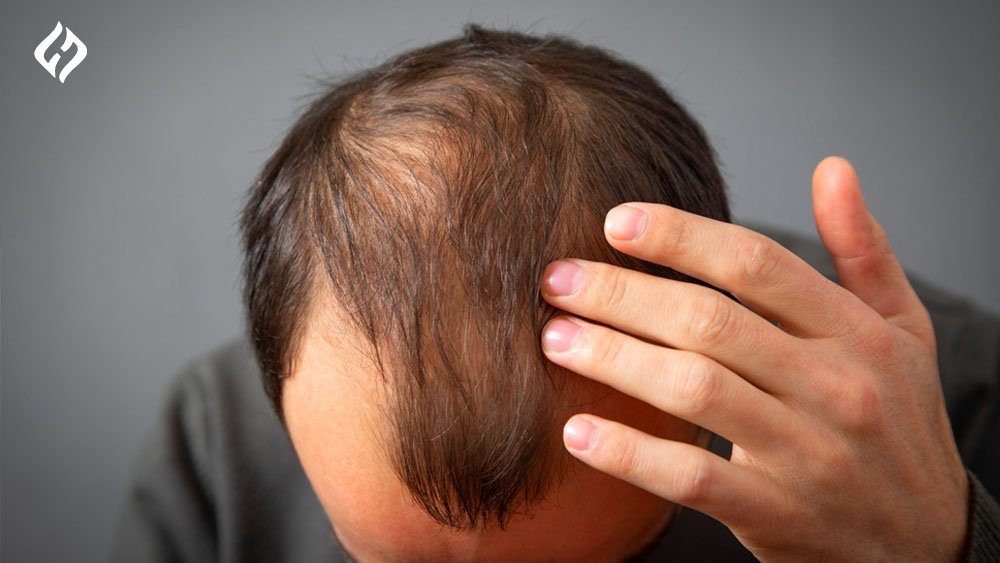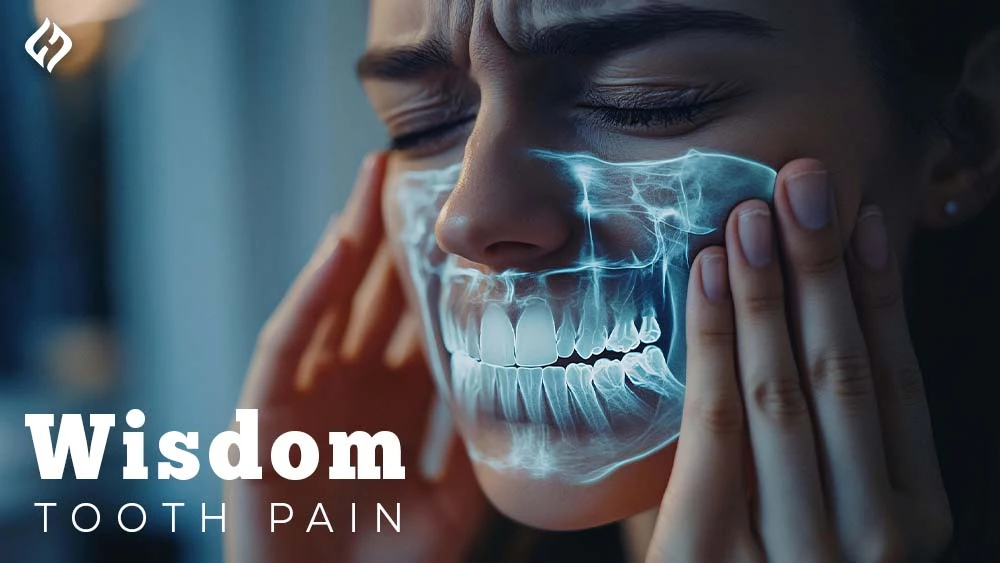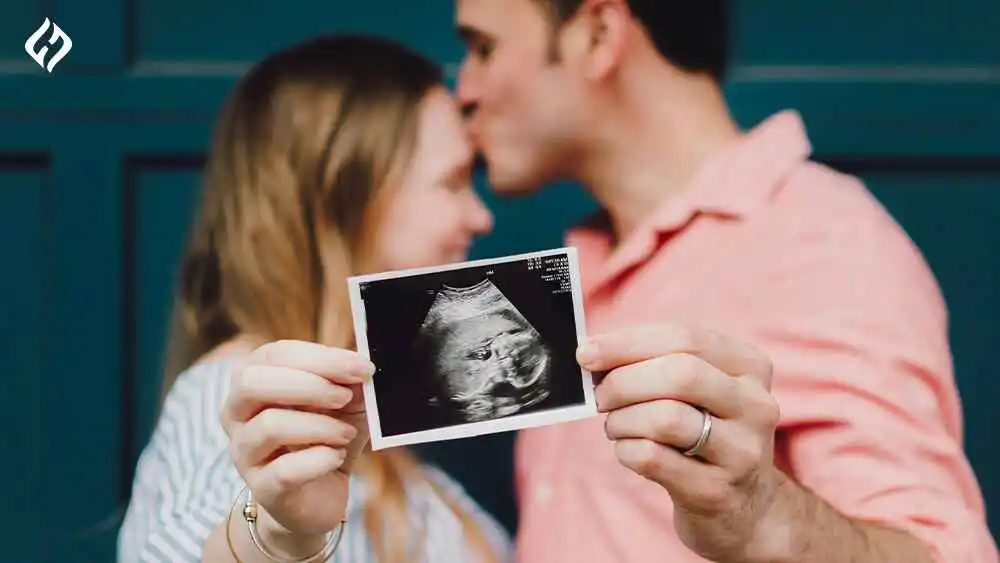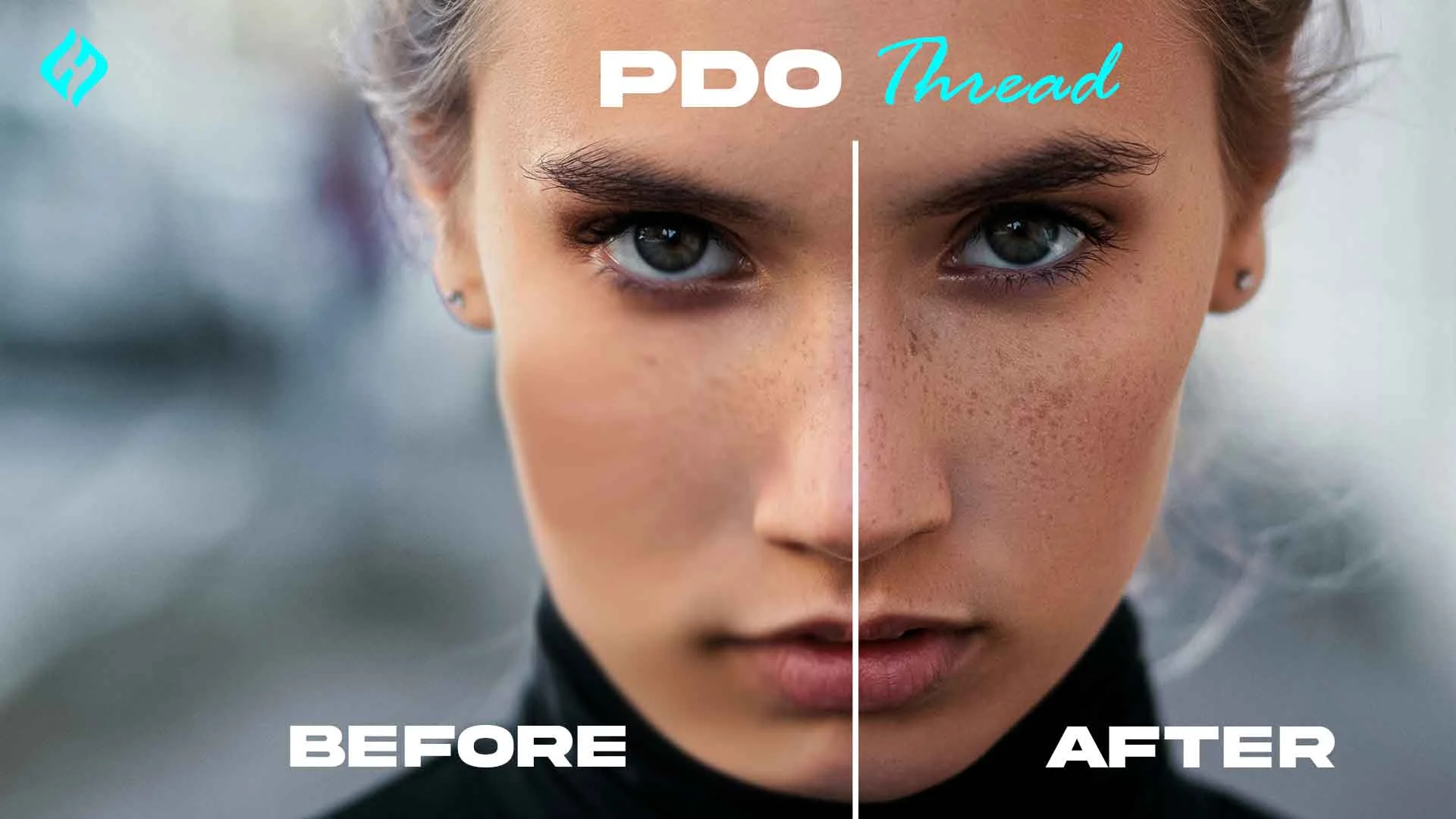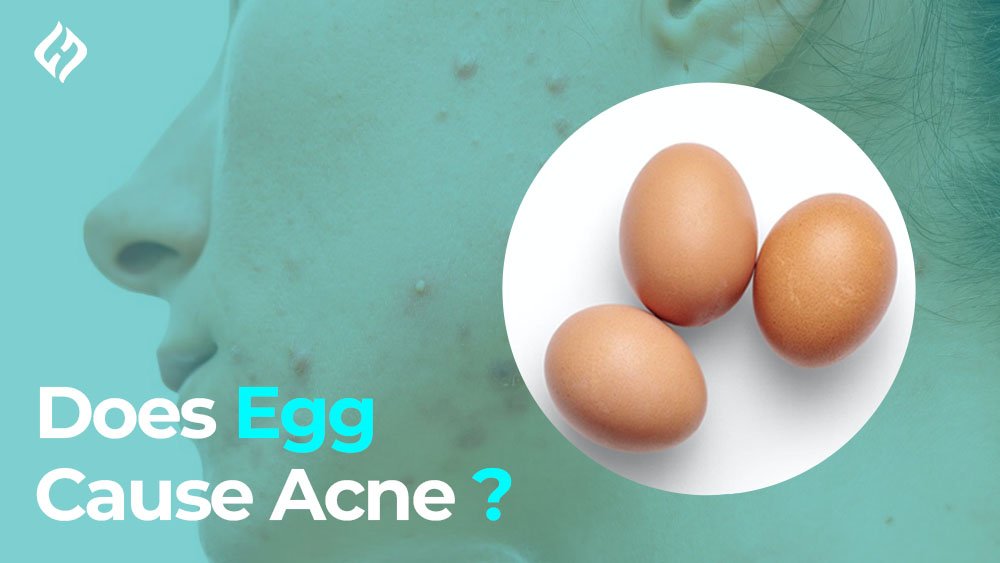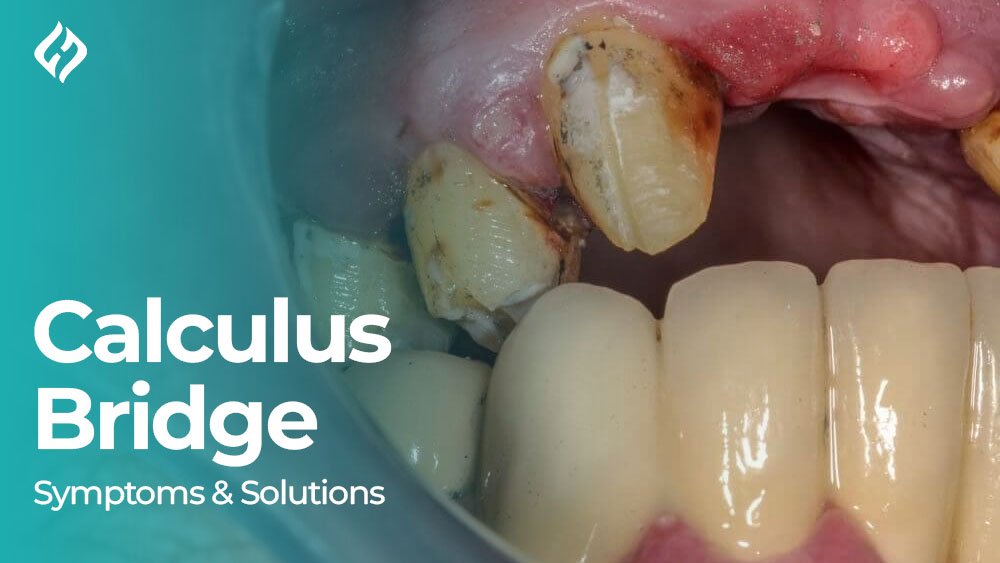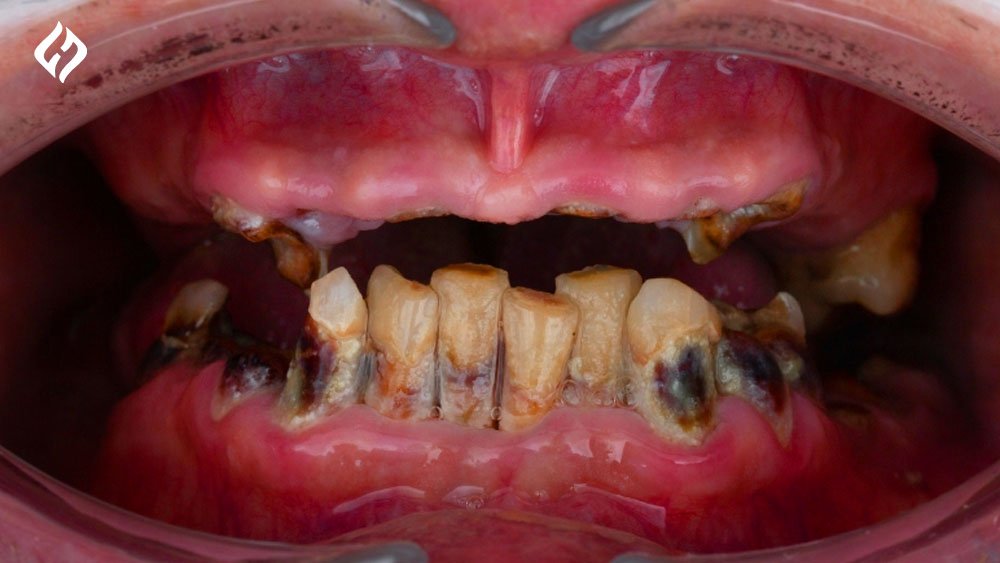The hidden truth about hair loss after surgery is that you recover or regrow it completely. As a dermatologist, I have never seen patients who have been bald permanently for over a decade due to surgery. Hair loss is always reversible. You have to clarify one thing: hair loss is always reversible, and you have to know the most important key points. You have to avoid your loss and don’t take stress.
Remember, hai,r loss does not happen to everyone. It doesn’t mean hair loss. All right, please get that into your head or mind. Please put your mind at ease because hair loss only happens to a minority of patients. It does not happen to all. Hair loss is mainly related to stress on the body, so it has a relationship with bad food choices, such as eating a lot of junk food—food that is not full of nutrients.
Don’t take stress. I’m talking about physical stress. You need to understand that hair loss after surgery only happens due to stress, and one thing to always keep in mind is that if you lose your Hair, you recover it after a very short period.
Understanding Hair Loss After Surgery:
Hair loss after surgery is exactly due to stress. A dermatologist always advises you on how to regrow your Hair. Many patients face hair loss after surgery, and it is not a bad thing because it is only temporary. So, as the body is losing a significant amount of weight, it craves protein, and Hair is a protein with rapid turnover.
So, one of the first things is that your Hair becomes a little bit thinner, and you notice some hair loss. Nobody else will see this hair loss, but once your metabolism stabilizes, usually around 6 to 9 months after the surgery. Your Hair hair is guaranteed to come back just as thick, if not thicker than it did.
You and I never see a completely bald person. You lose your Hair due to some stress or unstable metabolism. So after a little bit of time, you will have your hair restored.
Now, we will explore the causes of hair loss after surgery and practical solutions that help you manage and regrow your Hair during your recovery.
Causes of Hair Loss after surgery:
Post-surgical hair loss is called telogen effluvium. This happens for a variety of reasons. First of all, it can be physical stress, the anesthesia going through the actual surgery itself, and the emotional trauma caused by it can obviously be stressful because there is a hormone released such as Cortisol. There are medications used during the surgery, which could be antibiotics.
You are dealing with simply inflammation or trauma from the actual surgery itself because your body is dealing with the trauma, so you can go ahead and take a Nutritional Supplement that gonna;
- Support your vitamin D
- Support your Zinc
- Support your Ferritin levels so that you are going to decrease the probability of telogen effluvium; additionally, you should use melatonin.
The topical application is melatonin, which is very powerful and actually decreases intelligent effluvium. Dermatologists have seen it in clinics for years, so if you use something like the nutrient by advanced trichology, that will reduce the impact of hair loss. Mainly, we see that hair loss after surgery is due to Stress and Anxiety because surgery can be a stressful experience and emotional stress for hair loss, and it is sometimes known as telogen effluvium.
Hormonal imbalance is a major procedure that causes hormonal fluctuations. Medications are also prescribed before and after surgery, and they have various side effects, including hair loss. Positional Alopecia arises after the surgery, and it is required in one position for multiple periods; the hair loss in this process occurs due to pressure on the scalp during surgery.
Nutritional Deficiency in surgery also impacts your ability to absorb nutrients, and this leads you to deficiencies in essential vitamins and minerals such as iron, Zinc, and biotin, all of which are important for hair growth—That’s why surgery affects hair loss problems is arse after surgery.
The Connection Between Stress and Hair Loss After Surgery
Surgery is a major event that remains stressful and stains your body and mind. That’s why many individuals experience a variety of symptoms that are related to stress. One of the noticeable symptoms is hair loss. Hair loss after surgery is often a temporary condition caused by stress, which may be physical or emotional.
How Stress Affects Hair Growth?
In surgery, hair loss often occurs in the form of telogen effluvium(TE). This form of hair loss is always activated due to shock or trauma of surgery, and the Hairhair is turned into a very thin area because some individuals lose their Hairhair up to 70%. This process of hair shedding usually occurs around 2 to 3 months post-surgery because the surgery affects the natural hair growth.
During a normal hair growth cycle, our Hair follicles go through three major steps: Growth, whose scientific name is the anagen; resting, which means the telogen; and last, she, adding (exogen). Stressful events like surgery always push more follicles into the resting phase, and it leads patients to hair loss. But keep in mind this hair loss is temporary, and you recover your Hair once your body recovers from the stressor.
Role of Cortisol:
The main factor in hair loss due to stress is the hormone cortisol, which is known as the primary stress hormone; when you experience surgery as a traumatic event, cortisol levels rush, which can affect the growth of your Hair follicles. Long exposure to a high level of cortisol results in the form of an extended resting period of hair follicles. Once the body’s stress level normalizes, hair growth returns to its normal development.
Psychological Impact and Recovery:
The important thing is that stress is just a physical and psychological response. A very low amount of patients feel anxiety before and after the procedure. We notice from the study of cardiac surgery that only 4% of people don’t feel anxiety before surgery. This anxiety leads many people toward stress-related hair loss.
Hair loss after surgery is so disheartening, but this is a temporary procedure. As your body stabilizes its normal functions or levels of Cortisol or nutrition, hair growth turns into healthy hair growth within just a few months.
Positional Alopecia:
Positional Alopecia is a very limited form of hair loss that always occurs due to surgery or after surgery; it is done just because of a long procedure where the head of the patient is held in one position for a long period. This condition in hair loss after surgery is often seen in cardiac surgery, where the head of the patient is paralyzed for several hours.
The pressure of staying in one position always restricts the flow of blood to the scalp’s hair follicles, which causes hair loss or the growth of Hair in a completely resting phase. This occurs during those surgeries that continue more than 4 hours, and it is commonly not seen in shorter-period surgeries.
This type of hair loss is also temporary once blood flows normally. Hair growth becomes normal. We can decrease the risk of positional alopecia by maintaining proper positioning during surgery.
Anesthesia and Hair Loss After Surgery:
The most important link between anesthesia and hair loss after surgery, with the help of some expertise, is that long exposure to anesthesia may lead patients toward hair loss in the form of telogen effluvium(TE).
Anesthesia slows down the process of cell division and also affects follicle production. There are some types of anesthesia, like hypotensive anesthesia, which results in lower blood pressure and minimizes bleeding during surgery like maxillofacial surgery; it may also increase the risk of positional alopecia due to minimal blood flow in the scalp of the patient.
In 2023, the study published that the people who experienced surgery with general anesthesia had a higher risk of gaining alopecia areata problems, and this risk increased with the period of surgery. General anesthesia also results in hair loss by its effects or causes prolonged paralyzing of the scalp during long surgeries; it affects the flow of blood circulation from the scalp to the Hair follicles.
Hormonal Imbalance:
Surgery causes a variety of changes in the body. One of them is hormonal imbalance, which leads patients toward hair loss after surgery. The body of the patient gives many responses after surgery, like physical stress, anesthesia, and recovery, that cause a hormonal imbalance that disturbs healthy hair growth.
The most important hormone included in this process is cortisol, which is the body’s primary stress hormone. The level of Cortisol after surgery pushes the Hair follicles into telogen, which is a resting phase that leads patients toward telogen effluvium(TE).
It is a type of temporary hair shedding. In addition to Cortisol, the changes which occur in
- thyroid hormones
- estrogen
- progesterone also leads to hair loss.
For example, estrogen slows down its level after surgery, and that’s why estrogen plays a vital role in maintaining the health or growth of Hair.
Changes in androgens(it is a male hormone, but it is present in females in a very limited amount) cause hair loss after surgery. However, this hormonal balance or hair loss after surgery is temporary, and after a short period, the patient recovers the actual healthy growth of hair loss. Prolonged hormonal disturbance definitely requires a medical treatment to recover normal hair growth.
Medication side effects:
Various medications used before, after, or during can cause hair loss, especially when an allergic reaction they have or if they interfere with the normal hair growth cycle. Telogen effluvium(TE), a temporary hair loss, is caused by the use of medications at high levels that affect the hormones or hair follicles, which can grow Hair. For example;
- anti-seizure drugs
- anti-thyroid medications
- Beta-blockers are also associated with hair loss.
Chemotherapy medications are the most known medications that cause hair loss because they rapidly target hair growth cells, including those that are present in hair follicles. This disturbs the anagen, which is the growth phase of the hair cycle, which leads toward the shedding of Hair.
Like chemotherapy, the drugs that cause hair thinning include retinoids commonly used for acne treatment, calcium, channel blockers, and antidepressants.NSAIDs(nonsteroidal anti-inflammatory drugs) are used for pain relief after surgery, and this medication leads toward hair shedding.
In most cases, hair loss after surgery is also caused by medication, but this is temporary; hair growth becomes healthy or normal once you disconnect the medicines. If you see a lot of hair loss after surgery, this may be due to medication; it’s really important to consult with the doctor. They definitely recommend a treatment that is beneficial for your recovery.
Nutritional Impact on Hair Health:
Like Cortisol, stress also affects the body’s ability to absorb and distribute nutrients, which are beneficial for healthy hair growth. Nutrients are
- biotin
- iron
- zinc
- Proteins
They are so important for hair health. The decreased level of nutrients causes Hair thinning and shedding during the recovery period after surgery.

Can Hair loss after surgery be Prevented?
Hair loss surgery is a condition known as Telogen effluvium(TE). It is a common post-surgical issue. But it is always fully prevented, and you can recover it properly with time.
1. Eat a Nutritious, Well-Balanced Diet
Nutrition is so important for hair health if you experience post-surgery. Nutritional Deficiency can destroy hair health; a completely balanced diet always supports the recovery of hair follicles. Try to eat more
- plant-based foods
- lean proteins
- Nutrient-dense vegetables that are rich in vitamins and minerals.
- Micronutrients crucial for hair growth:
Iron: It helps carry oxygen for hair follicles, which plays an important role in hair growth.Zinc: It plays a vital role in cell division and tissue growth, including Hair.Selenium: It has antioxidant properties that are present in the follicles of Hair hair.Vitamins A, C, and E: Helps to support scalp health and condition. B Vitamins: B Vitamins, mainly Biotin and B12, promote the growth and strength of Hair.Vitamin D: It plays a most important role in creating new hair follicles.
Keep in mind you have to eat iron-rich foods like spinach, lentils, and quinoa, as well as protein sources like lean meat, tofu, and beans. If it’s easy for you, then you must add foods that are rich in antioxidants, such as barriers and leafy greens, because they help to prevent stress.
2. Address Nutritional deficiencies:
Suppose you feel a nutritional deficiency, then get a blood test to identify potential gaps that are present in your diet. Hair loss after surgery often occurs because of micronutrient deficiencies like iron and zinc. Discuss your problem with your doctor because sometimes you eat extra pills or some extra vitamins, which is not good for your health.
3. Maintain Stress Management:
Both physical and emotional stress are crucial for hair loss after surgery. When your body focuses on the process of healing, it relieves the stress hormone to impact hair growth cycles. Follow some steps to reduce stress, like engaging in deep breathing exercises. It helps you to relieve stress. Do a meditation to relax your mind. Always participate in physical activities. It provides strength to your muscles and helps to ease tension and stress. Get complete sleep for 7 hours because poor sleep also increases stress levels.
4. Support healthy hair growth with scalp care:
You can recover your Hair by taking good care of your scalp. I will tell you what you have to do. Gentle wash your Hair with shampoo, and don’t use harsh chemicals that harsh your scalp. Avoid heat styling like straighteners or curling irons because they weaken the roots of hair follicles. Massage your scalp because it will increase the blood flow to hair follicles and help to regrow your Hair. Condition your hair with hydrating conditioners to maintain moisture in your scalp.
5. Vitamins and Supplements for Post-Surgery Hair Recovery:
Vitamins are so vital for preventing hair loss after surgery; they help to support recovery and maintain deficiencies if identified. Some common supplements which include are
Biotin is known for hair growth. Vitamin D supports the overall follicle cells, which is vital for hair growth. Iron and zinc are crucial for follicle health. Remember one thing: before starting any supplement, always consult with your doctor first.
6. Consult a Trichologist:
If you are seeing hair loss for an excessive time, then visit a Trichologist, a specialist for scalp and hair health. They will suggest how to care for your Hair and scalp, and they will help you create a personalized plan to decrease hair loss after surgery. This will include some treatments like shampoos or even light therapies to regrow or recover your healthy hair growth.
7. Stay Hydrated:
Hydration is often looked at; it is vital for maintaining the health of Hair and helps in recovery. Drinking enough water allows your scalp to remain hydrated, which supports the growth of strong and healthy Hair.
8. Post-surgery care:
Avoid smoking and alcohol because it affects the circulation of the scalp and increases the level of inflammation. This causes hair loss after surgery or hair thinning. Don’t smoke, and don’t use alcohol during the period of recovery.
So, preventing hair loss after surgery is not feasible. By following these steps, you can minimize its effects. Focus on balanced nutrition, stress management, and proper hair care. Through these, you totally recover your hair growth and thickness.
How long does Hair Loss After Surgery?
For most individuals, hair loss after surgery is temporary, and patients recover their natural growth after a certain period and sometimes when they stop taking pills or complete their medication process after surgery. It begins to improve within 3 to 6 months after the procedure. It is seen in the first few weeks, but if you take proper care, you will recover your hair growth earlier.
Best Treatments for Hair Loss After Surgery:
Hair loss after surgery is common, and it is temporary. Patients recover their growth in a minimal period. There are effective treatments that help in the regrowth of Hair. Dermatologists suggest you take both treatments at home or professionally, but both treatments take time to recover.
At-Home Treatments:
- Minoxidil: Minoxidil is a scalp treatment that is applied daily to stimulate hair follicles.
- Laser Therapy: Low-level lasers can help increase the circulation of blood, which promotes hair growth.
- Microneedling: It creates micro-injuries in the head, but it’s good for the circulation of blood and Hair follicle health.
- Nutritional Support: Try to balance a diet with vitamins like biotin, Zinc, and iron.
Medical Treatments:
Depending on the condition of hair loss, your dermatologist suggests one of the following treatments:
- Corticosteroid Injections: It helps to reduce inflammation and promote the regrowth of Hair, especially for alopecia areata.
- PRP(Platelet-Rich Plasma)Therapy: It uses platelets from your blood to stimulate hair follicles.
- Prescription Medications: Finasteride for men and spironolactone for women block the hormones that cause hair loss after surgery.
- Hair Transplant Surgery: In this process, hair follicles can be moved from one part of the scalp to another.
Emerging Treatments:
- Stem cell Therapy: It is experimental, and it aims to promote hair follicles and hair growth.
- Peptide Therapy: Peptides like copper peptides always stimulate hair follicles to regenerate.
Lifestyle Tips:
Always manage stress to reduce hair loss. Get enough sleep because it helps to recover the health and strength of Hair. Avoid harsh treatments like tight Hair and heat to prevent further damage. Visit a dermatologist because consistency and patience are key for treatments, but it takes several months to show results.
Takeaway:
Hair loss after surgery is usually temporary, and it is caused by stress, hormonal changes, or medications with proper managing levels of nutrition, stress management, and treatments like Minoxidil or PRP therapy. Through all of these, regrowth is guaranteed within 3 to 6 months. Patience and care are the most important factors in regrowing your healthy Hair back.
Also Read: How Long Until a Tooth Infection Kills You?


